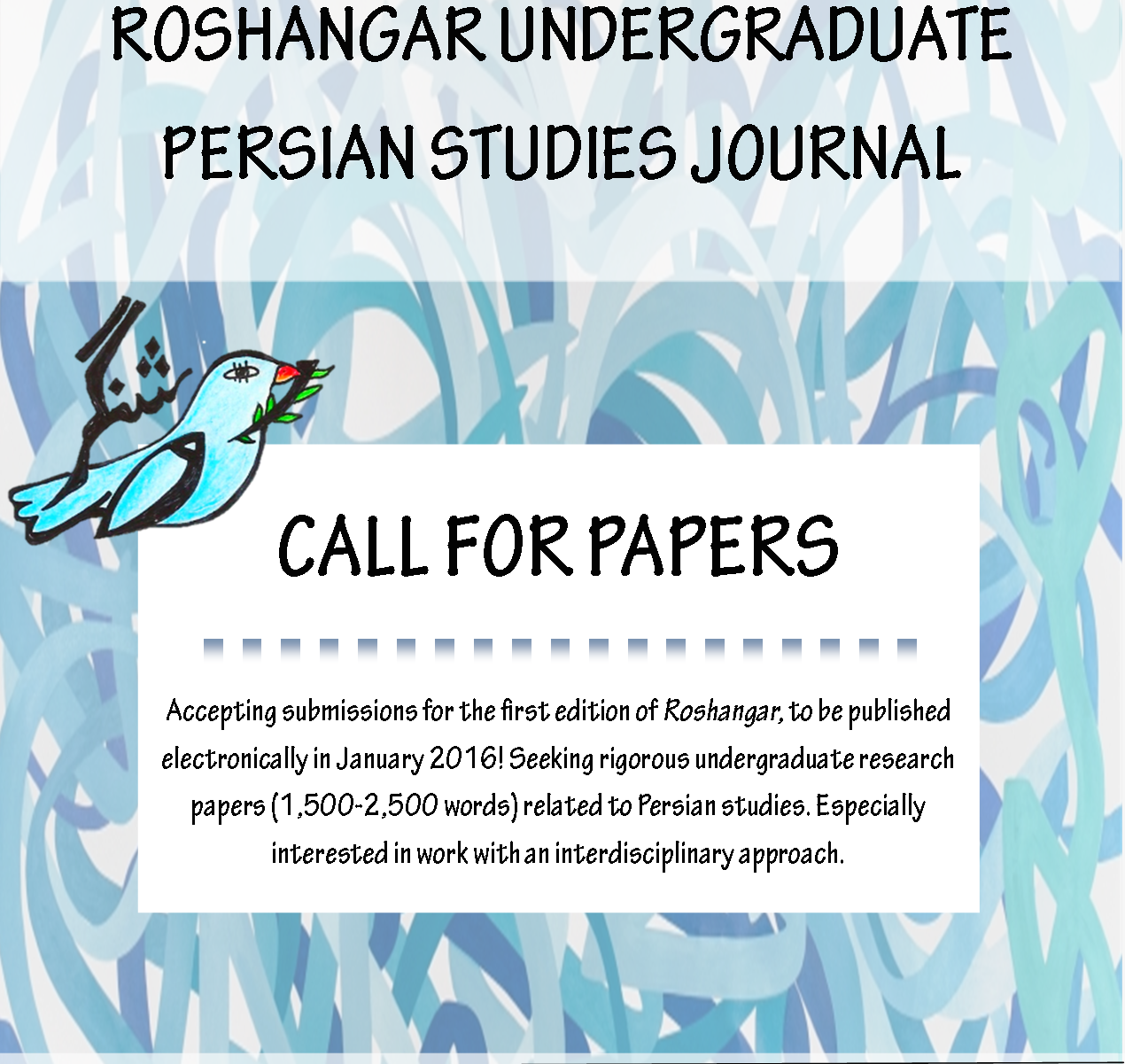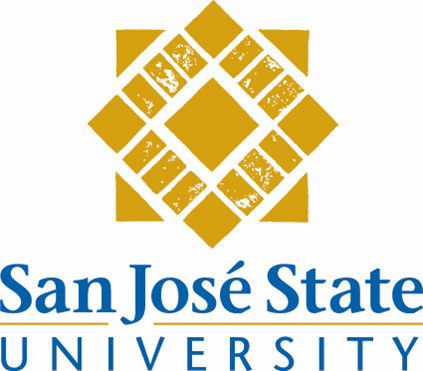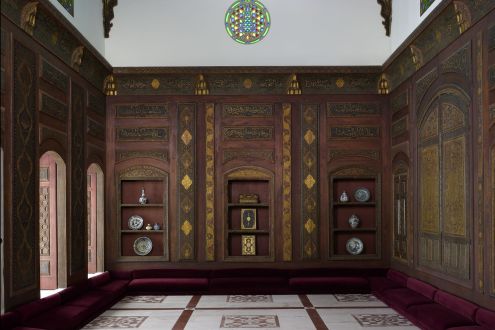Launch of Roshangar: the Roshan Undergraduate Persian Studies Journal at UMD
It is with great joy that Roshan Cultural Heritage Institute announces the launch of Roshangar, the very first undergraduate journal in Persian Studies at Roshan Institute for Persian Studies, University of Maryland. This biannual academic publication is totally designed and run by a group of talented undergraduate students, under the guidance of former Roshan Institute Fellow, Ida Meftahi, Visiting Assistant Professor at Roshan Institute for Persian Studies.
The peer-reviewed journal is accompanied by the Roshangar website, which features film and book reviews, interviews with scholars and artists, as well as highlights of local Persian events.
Submission of high quality research papers (1,500-2,000 words) is open to all undergraduate students nationally and internationally, as long as they are related to Persian Studies.
The first edition of Roshangar will be published electronically in January 2016.






